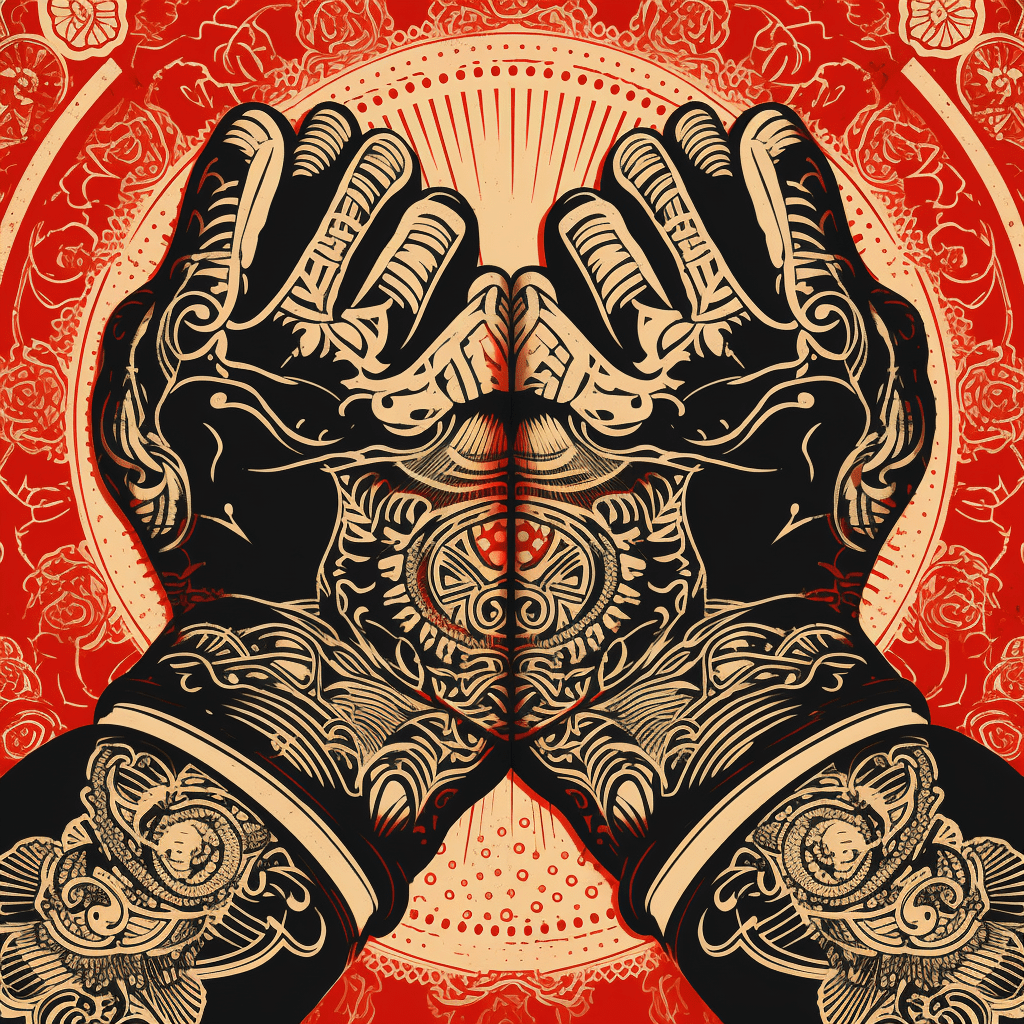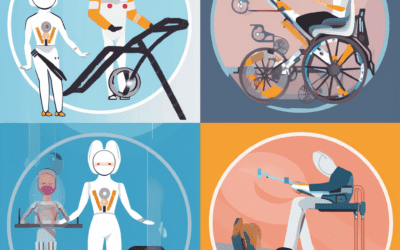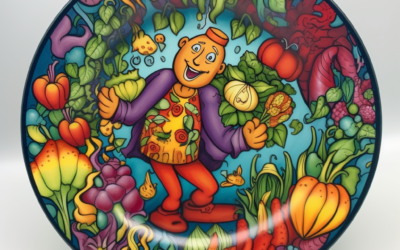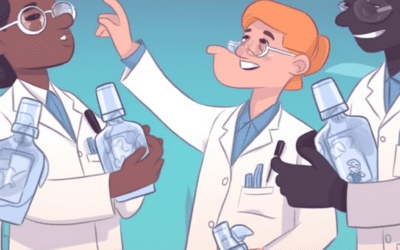Is Cracking your Knuckles Bad for You?
Is cracking your knuckles bad for you? This is a question many people have asked over the years. Some believe that cracking your knuckles is a healthy habit, while others argue that it can lead to various health issues. Let’s explore the facts and effects to understand if cracking your knuckles is truly bad for you.
What happens when you crack your knuckles?
When you crack your knuckles, you are causing the joints to release built-up gas bubbles. The sound you hear is the result of the sudden release of these bubbles. This process is known as cavitation.
Effects of cracking your knuckles:
Cracking your knuckles is generally considered harmless and does not cause any long-term damage or harm to your joints. However, there are a few effects worth noting:
1. Temporary joint relief: Cracking your knuckles can provide a temporary sensation of relief or relaxation in the joints. This is one reason why people find the habit satisfying.
2. Increased joint flexibility: Some studies suggest that cracking your knuckles may lead to increased joint flexibility. The act of stretching the joint can temporarily enhance its range of motion.
3. No increased risk of arthritis: Contrary to popular belief, cracking your knuckles does not increase your risk of developing arthritis. Several studies have been conducted, and no conclusive evidence supports this claim.
Myths and misconceptions:
There are several myths and misconceptions surrounding cracking your knuckles. Let’s debunk a few:
1. Knuckle enlargement: It is a common belief that regularly cracking your knuckles can cause them to become larger. However, there is no scientific evidence to support this claim. Knuckle size is primarily determined by genetics, not by cracking them.
2. Joint damage: Another myth is that cracking your knuckles leads to joint damage. Again, there is no substantial evidence to support this claim. Regular knuckle cracking has not been shown to cause any significant harm to the joints.
3. Arthritis: As mentioned earlier, cracking your knuckles does not increase the risk of developing arthritis. Arthritis is a complex condition involving multiple factors, and cracking your knuckles is not one of them.
When cracking your knuckles may be a concern:
While cracking your knuckles is generally safe, there are a few instances where it may be a cause for concern:
1. Pain or swelling: If cracking your knuckles causes pain or swelling, it is advisable to consult a healthcare professional. These symptoms could indicate an underlying joint condition that needs attention.
2. Compulsive behaviors: Some individuals develop a compulsive habit of cracking their knuckles excessively. This behavior can be a sign of an underlying condition, such as anxiety or obsessive-compulsive disorder. If the habit becomes disruptive or compulsive, seeking professional help may be beneficial.
The bottom line:
Is cracking your knuckles bad for you? In most cases, cracking your knuckles is a harmless habit that should not cause any long-term damage or health issues. The temporary relief and increased flexibility experienced by some individuals can be satisfying. However, if you experience pain, swelling, or excessive cracking, it is advisable to consult a healthcare professional for further evaluation.












